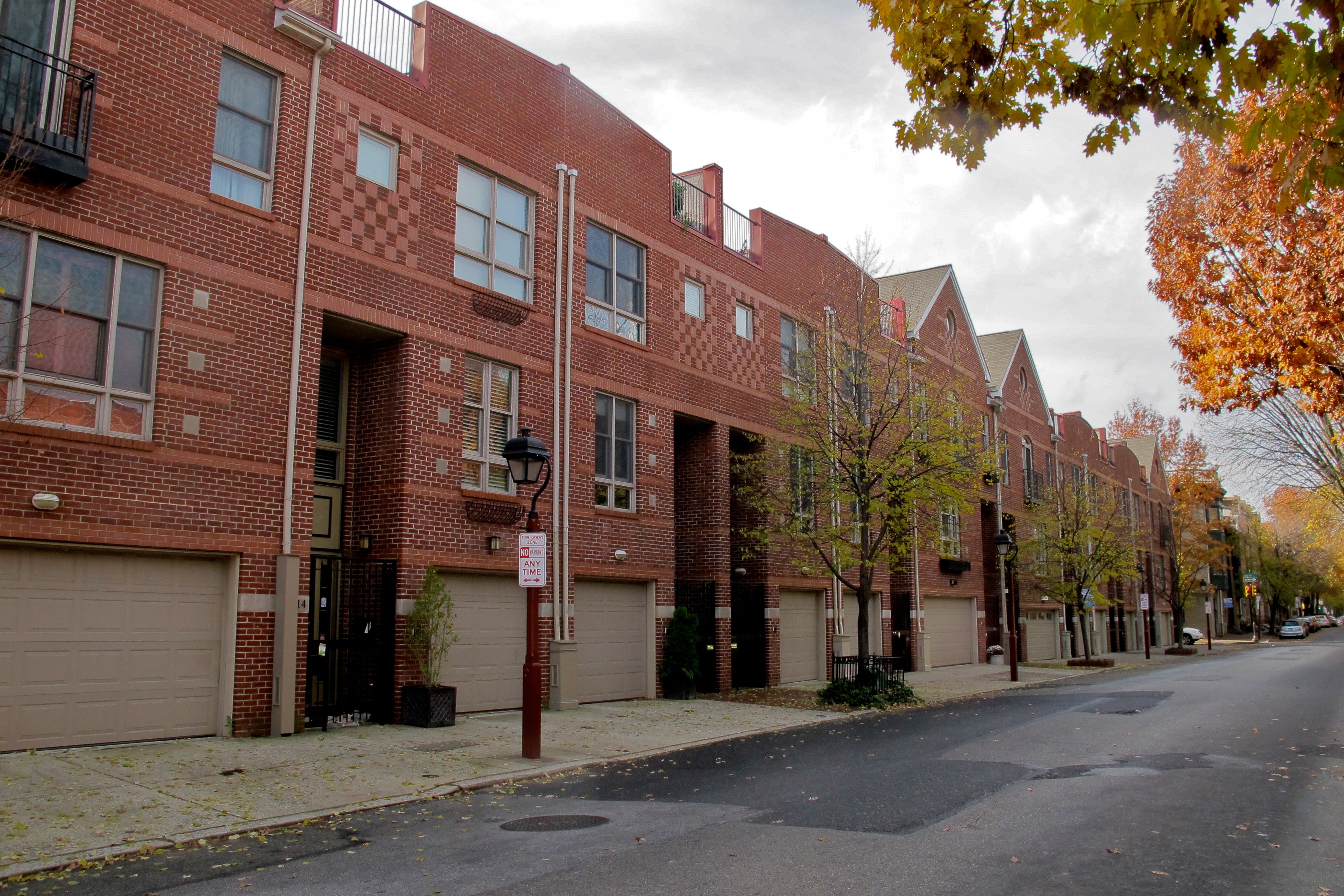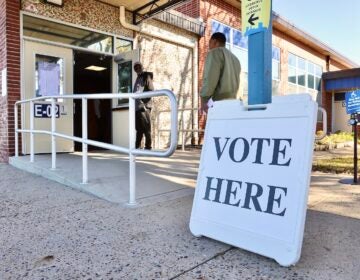Parking rules questioned at City Council budget hearing

“I’m just concerned about the density, and I’m really concerned about the parking,” Council President Darrell Clarke said Tuesday morning, addressing Planning Commission director Gary Jastrzab during budget hearings. “It’s a real issue. Everybody’s not going to ride the train, everybody’s not going to take public transit. This is Philadelphia. People drive to the corner store. This is what we do.”
Clarke was questioning why the required parking ratio for some new developments was reduced in the new zoning code from one space per apartment to three spaces per ten apartments. Neighborhoods in his district are struggling. Constituents remind him over and over again that they simply can’t find a place to park.
“The point I’m trying to make,” Jastrzab responded, “is that there are an increasing number of options for people to live in the city and not necessarily need to own a car. Bike share is one. Car sharing is a real opportunity.”
Here Clarke chimed back in to say that he doesn’t ride a bike. (In fact, at a groundbreaking ceremony in 2012, Clarke described himself as the kind of person who drives his car to the corner store. After the new zoning code was adopted, he sponsored a bill that would increase the parking requirements in certain residential and commercial areas across the city; he later limited it to a portion of his own district.)
“I don’t think that the city should be in a position to say, ‘You have to ride a bike,’” he said. “We don’t want to ride a bike. Why can’t we just drive a car?”
Jastrzab listed a few alternatives like community parking facilities, things that he said he didn’t think the city should be in the business of providing, but that the Planning Commission would be happy to look at. He added later that he certainly wasn’t telling people to get rid of their cars. Ultimately there will need to be “a bit of a culture change” with respect to parking and the expectation of parking space, he said.
“You can have your philosophy,” Clarke said. “You can have some theoretical approach. The reality is that these people who are moving into these neighborhoods have cars. This is not reality-based, what you’re saying.”
Councilman Curtis Jones, Jr., added a note of agreement with Clarke’s statements: Parking is tough in neighborhoods all over the city. The Planning Commission should look at places where diagonal street-parking can be instituted. Maybe the city can give incentives to churches to open up their parking lots when they’re not in use on Sundays. Councilwoman Jannie Blackwell said it’s an issue in her district as well, and she can’t understand why the city reduced the parking requirements.
One reason the city reduced the parking ratios is that the previous parking ratio created a lot of front-loading parking garages in single-family homes. That kind of garage provides exactly one parking space for the lucky resident of the new home, while removing a public parking space on the street that could serve more vehicles throughout the day.
Anyone who drives in Philadelphia can understand that concerns about parking are real. But the problem of parking requirements goes beyond that frustration, as outlined previously here by Ashley Hahn. Parking requirements create something economists call induced demand: You get what you build for. (This may be the “philosophy” Clarke was talking about). Build for parking and you get more cars. Build houses with front-loading garages and you reduce street parking, making parking in already parking-stressed neighborhoods worse.
Studies have also shown that residential parking requirements increase the cost of housing.
“Nothing prevents a developer from putting more parking in than what is required,” Jastrzab added after the hearing. “We establish a standard, a minimum standard. If a developer believes that there’s a market need to provide additional parking, they’re welcome to do that, and we consider that as part of the overall review and approval process.”
WHYY is your source for fact-based, in-depth journalism and information. As a nonprofit organization, we rely on financial support from readers like you. Please give today.






